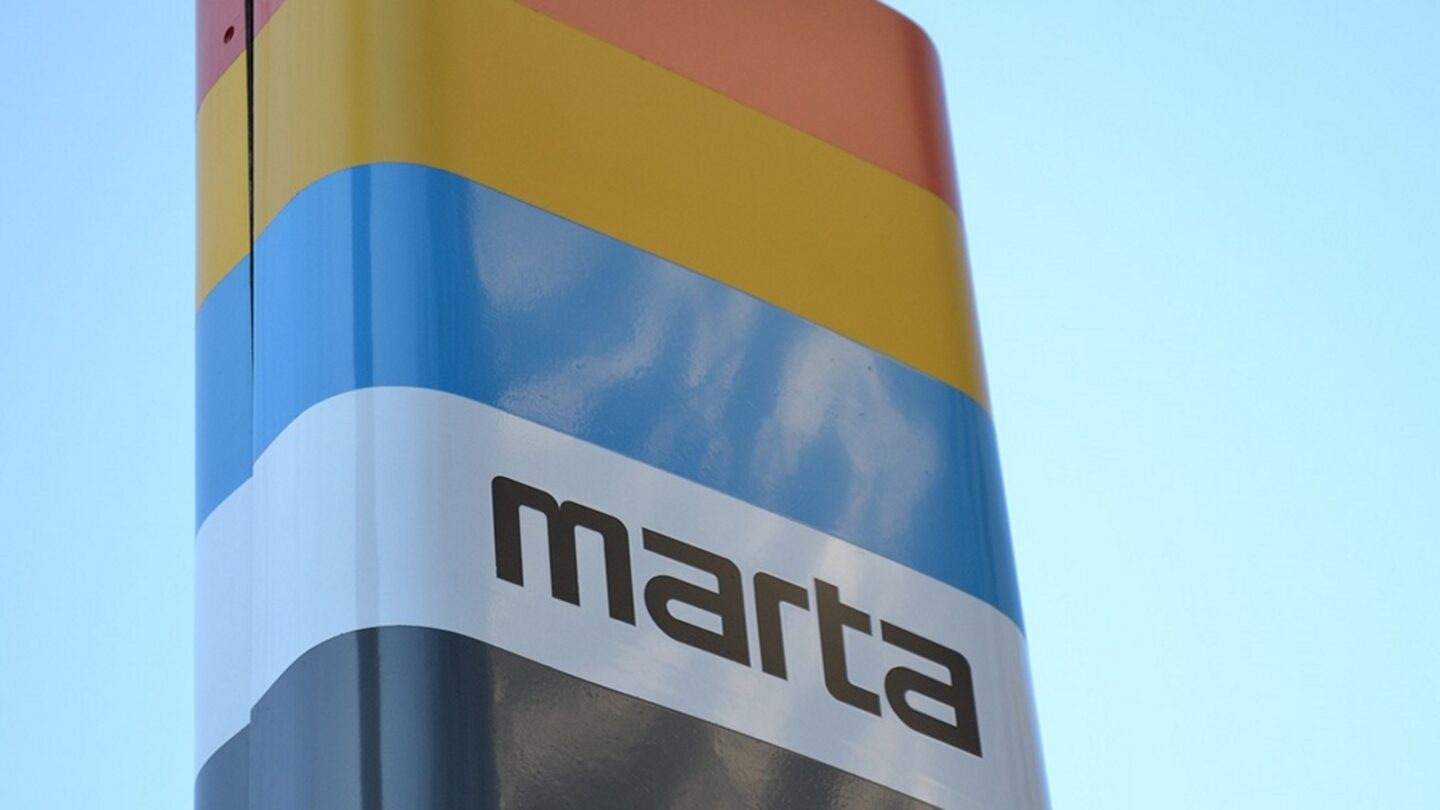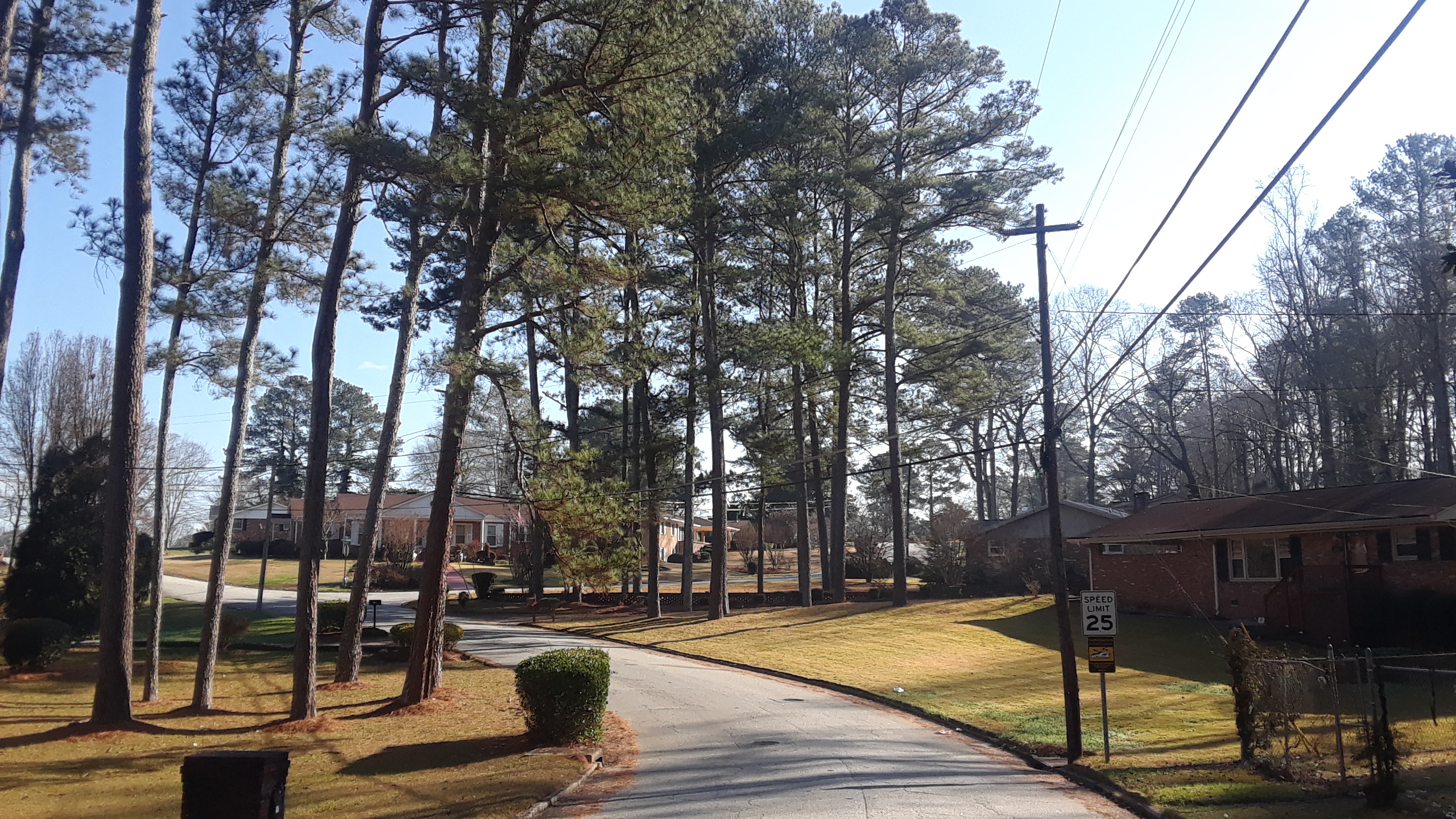Next Tuesday, Gwinnett voters will decide if they want to expand public transportation and bring MARTA into the county. The vote could also be a sign of things to come, since an expansion in Gwinnett could build momentum for adding transit in other parts of the metro area.
If voters approve the transit plan MARTA would build a heavy rail station in Gwinnett and it would add more bus service, including flexible routes for more rural areas, and bus rapid transit, where buses get reserved lanes, so they can skip traffic congestion. Gwinnett would pay for the expansion with a one-cent sales tax.
“The goal is that there be robust transit options for people to choose from,” said Charlotte Nash, the chair of the Gwinnett County Board of Commissioners. She said it wouldn’t mean everyone’s going to give up their cars or anything, but for people who want to use transit it, means they have that option.
“It also means a thriving community one that is able to attract and keep good businesses which in turn create good jobs,” said Nash.
There are high-profile supporters for the plan, including former-Gov. Nathan Deal, former-gubernatorial candidate Stacey Abrams and the Gwinnett Chamber of Commerce.
But that doesn’t guarantee success. At a public information session about the vote earlier this week, Lawrenceville resident Jamell Cottrell said she’s not so sure she wants more transportation options.
“I like living in the suburbs where it’s a little different from living in the city,” she said.
Gwinnett has voted on MARTA before. In 1971, the idea failed. It went down again in 1990.
“But remember that these counties were largely rural during that time and largely white,” said Ronald Bayor, a professor emeritus at Georgia Tech who taught history, and wrote the book, “Race and the Shaping of Twentieth-Century Atlanta.”
In those previous votes, Bayor said even if people didn’t say they were voting against MARTA because of race, they would talk about things like crime, or falling home values.
“What that usually meant was they were afraid of minorities coming into their areas,” he said.
Things could be different with the vote this time around. The demographics of Gwinnett have changed dramatically. The county has gone from being largely white, to having big Latino and black populations.
And the population itself has boomed; it grew by more than three hundred thousand people since the year 2000. That’s a whole lot more people on the road, so Gwinnett’s not just more diverse, it’s also more congested.
“As the region has grown we’ve realized that looking just to roads as the only way of transportation in the region is not viable,” said Brian Gist, an attorney at the Southern Environmental Law Center who works on transportation. “We’re recognizing that we need to provide transit options not just in the urban core but moving into some of the more developed suburban areas like Gwinnett County.”
That’s something politicians and businesses acknowledge; if a company’s thinking about moving its headquarters somewhere, it’s asking about transportation options.
Last year, state lawmakers passed a law that creates an umbrella transit agency called the ATL. It covers 13 counties in the Atlanta area. The law also paved the way for this Gwinnett county vote, and other counties could choose to do the same thing, putting a one-cent sales tax towards transit.
“I think the vote does carry some ramifications,” said Kerwin Swint, a political science professor at Kennesaw State University. “If it passes and it’s going to give momentum to other counties to take a similar approach.”
And if it fails? Swint said it could be a temporary setback for Gwinnett and transit supporters in other counties.
“The opponents of any kind of enhanced transit are going to say, ‘See I told you so there’s no support for it. So we better not try it here.’ But I don’t know that that’s necessarily going to derail efforts to have a similar initiative,” he said.
There isn’t much organized opposition to Gwinnett’s transit proposal, but Joe Newton has been going to public meetings to advocate against it, and he says he’s feeling pretty good about the vote going his way.
“Most of the voters over age 50, they seem to be people who are anti-MARTA,” he said. “They were anti-MARTA before — twice before — and I don’t think they’ve changed their opinion.”
Gwinnett County commission chair Charlotte Nash agrees that it’s going to come down to turnout. She said she hopes young people come out to vote, since they’ll have a longer time to live with – and commute with – the consequences.









